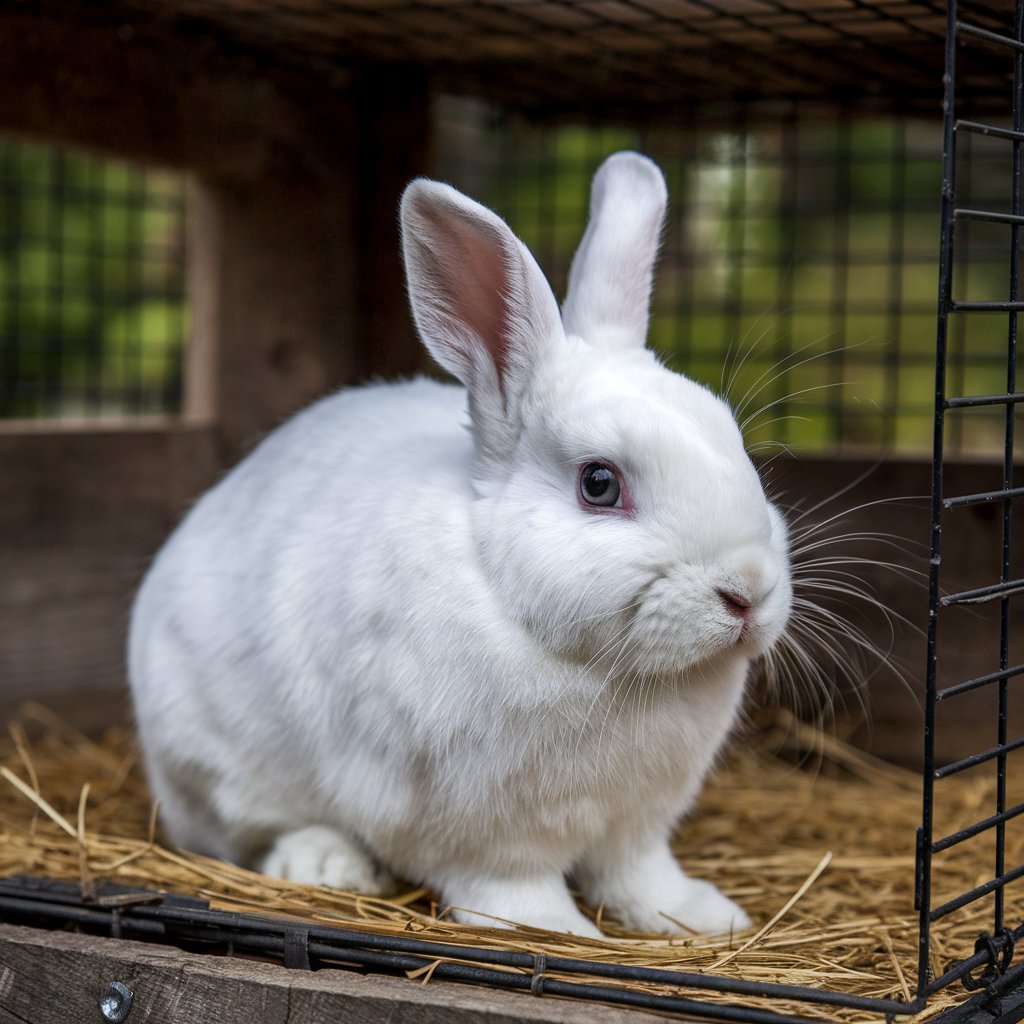The Incredible Benefits of Rabbit Farming
Rabbit farming is gaining popularity among farmers and entrepreneurs alike, thanks to its versatility, low startup costs, and lucrative potential. Whether you’re a seasoned farmer or someone looking to venture into agribusiness, rabbit farming offers numerous advantages that make it a rewarding investment.
1. Low Initial Investment
Compared to other livestock ventures, rabbit farming requires minimal capital. Rabbits need small spaces and simple housing, which can be constructed from affordable materials. Their feed costs are also relatively low, as they can thrive on a diet of hay, vegetables, and pellets.
2. Rapid Reproduction
Rabbits are known for their high reproduction rates, making them an excellent choice for scaling your business quickly. A single doe (female rabbit) can produce up to 40 offspring annually, ensuring a steady supply of stock for sale or meat production.
3. High-Quality Meat Production
Rabbit meat is a lean and nutritious protein source that is low in fat and cholesterol. Its delicate flavor makes it a favorite among health-conscious consumers and chefs. The demand for rabbit meat is growing in markets focused on organic and sustainable food sources.
4. Diverse Income Streams
Rabbit farming is versatile and offers multiple revenue opportunities:
- Meat: High-demand delicacy in restaurants and local markets.
- Manure: Rabbit manure is rich in nutrients, making it a sought-after organic fertilizer.
- Urine: Rabbit urine is an effective natural pesticide and soil enhancer.
- Pelts: Rabbit fur is used in the fashion and textile industries.
- Pets: Rabbits are popular as low-maintenance pets.
5. Minimal Space Requirements
Unlike larger livestock, rabbits do not require expansive land or elaborate facilities. This makes rabbit farming an ideal option for individuals with limited space, such as urban farmers or those starting small.
6. Eco-Friendly Farming
Rabbit farming is an environmentally friendly practice. Rabbits produce minimal waste, and their manure can be used directly as a fertilizer without composting. Additionally, the farming process has a low carbon footprint, contributing to sustainable agriculture.
7. Easy to Manage
Rabbits are hardy animals that require little maintenance. With proper care, including a balanced diet, clean water, and hygienic housing, they are less prone to diseases compared to other livestock. This ease of management reduces veterinary costs and labor requirements.
8. Quick Market Turnaround
Rabbits grow rapidly, reaching market weight within 10–12 weeks. This quick growth cycle ensures faster returns on investment, making rabbit farming a viable business for those looking for short-term profitability.
9. Educational and Community Opportunities
Rabbit farming can also serve as a platform for educational initiatives or community empowerment projects. It is a great way to teach children and communities about sustainability, entrepreneurship, and the benefits of small-scale farming.
Conclusion
Rabbit farming is not just an agricultural practice; it’s a pathway to sustainable income and community development. Its affordability, high returns, and environmental benefits make it an excellent choice for individuals seeking a productive and profitable venture.
So, whether you’re looking to start small or expand your farming operations, rabbits might just be the key to unlocking a prosperous future!



